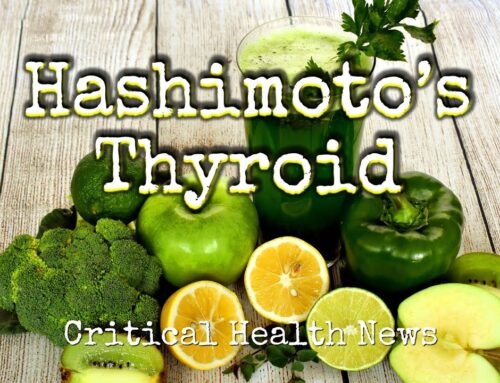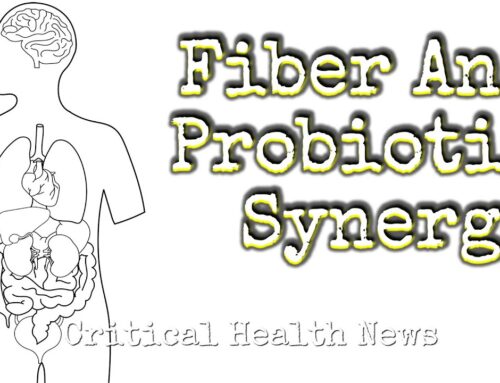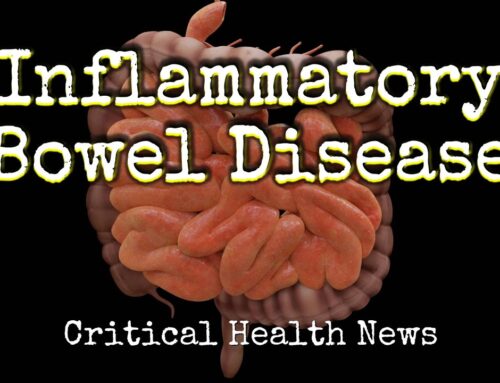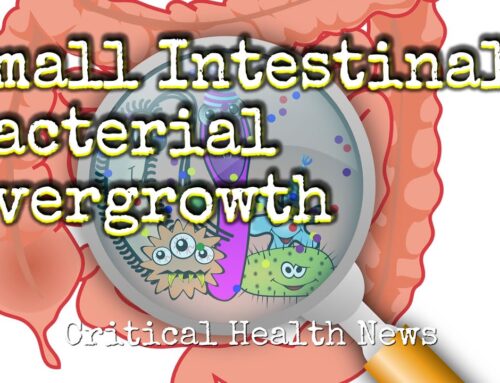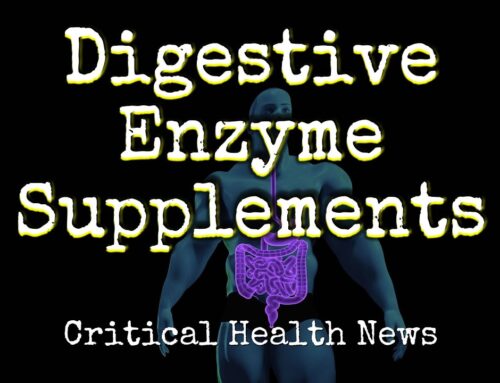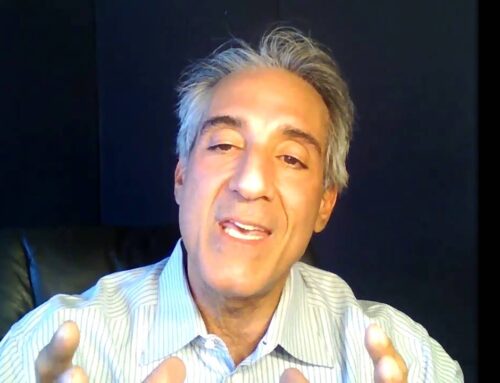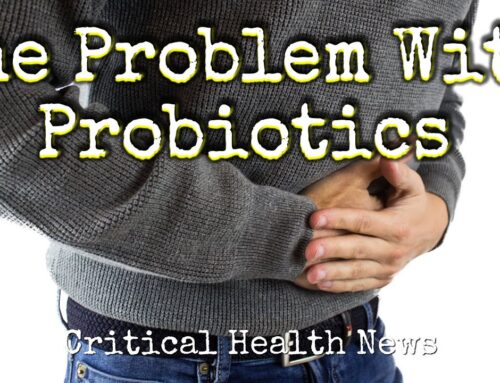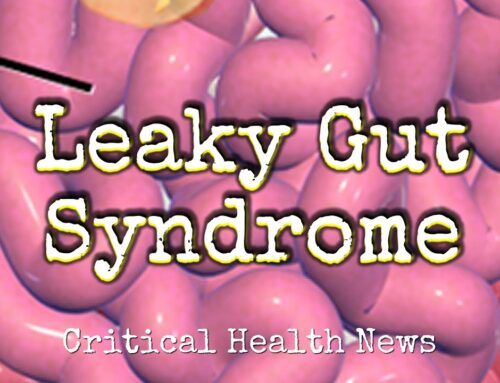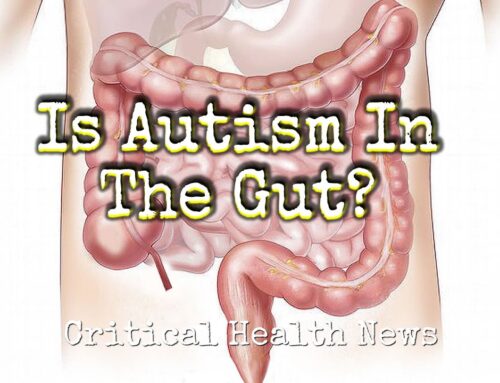One of the most prevalent of all health issues is the always unpleasant upflow of acid from the intestine and stomach into the esophagus, throat and mouth, technically called acid reflux. When it happens occasionally, it’s probably not a big deal. When chronic, it can lead to gastroesophageal reflux disease or GERD, a condition marked by esophageal inflammation, ulceration and scarring called Barrett’s esophagus and ultimately EAC or esophageal adenocarcinoma, a relatively common and frequently deadly cancer.
rategy
While most patients and doctors believe that the best solution to the problem of reflux is taking medications that absorb acid or suppress its production, that st can only provide temporary and symptomatic relief. That’s because acid reflux is not really caused by excess acidity. It’s more about a loosening of the muscular opening called the lower esophageal sphincter or LES that separates the contents of the stomach from the esophagus.
When the low pH stomach liquids splash upwards, it’s the result of less acidity, not too much acid. Because stomach acid is important for the breakdown of food and the absorption of vitamins and minerals, long-term use of antacid drugs can result in digestive issues as well as malnourisment.
The best way to deal with acid reflux is to avoid the foods that trigger the condition including chocolate, onions, citrus, spicy and deep-fried foods and processed carbs. Losing weight and laying off caffeine can help, as can enjoying smaller portions and meals. Don’t forget probiotics. Disturbances in gut bacteria can create gases that exacerbate acid reflux.

